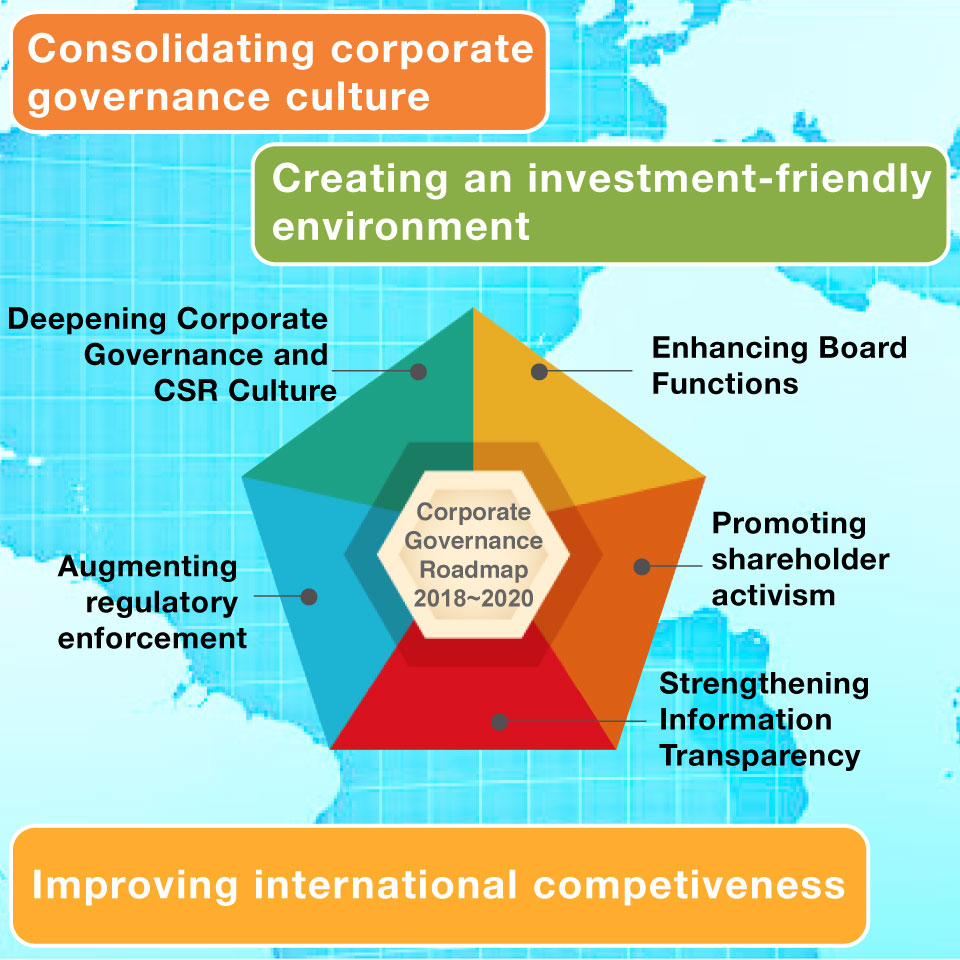Recent Corporate Governance NewsLatest News
Cathay United adopts Equator Principles
|
TAIPEI, Taiwan -- Cathay United Bank (國泰世華銀行) has adopted the Equator Principles, becoming the first Taiwanese bank to adopt the global risk management framework. The bank, which belongs to Taiwan-based Cathay Financial Holding Co. (國泰金), said Monday that it is the 6th financial institution in Asia to implement the Equator Principles. The other five Asian financial institutions are Japan's Mizuho Bank, Bank of Tokyo-Mitsubishi, Sumitomo Mitsui Banking Corp.; China's Industrial Bank; and India's Infrastructure Development Finance Co. The Equator Principles are a risk management framework adopted by financial institutions to determine, assess and manage the environmental and social risk in projects. The framework is intended primarily to provide a minimum standard for due diligence to support responsible risk decision-making. The Equator Principles apply globally to all industry sectors and to four financial products — project finance advisory services, project finance, project-related corporate loans and bridge loans. So far, a total of 80 financial institutions in more than 30 countries have adopted the framework, covering more than 70 percent of international project finance loans in emerging markets. With its adoption of the Equator Principles, Cathay United Bank said, it will apply stricter standards of due diligence in the processing of loan applications. In addition, the bank said it will tighten its requirements for applicants seeking financing for large projects, in line with the environmental standards of the Equator Principles. Cathay United Bank said the adoption of the Equator Principles is expected to boost its global visibility and provide more business opportunities under the global lending mechanism. In 2011, Cathay Financial set up a corporate social responsibility committee as part of its efforts to coordinate its various operations such as banking, insurance and securities and improve the group's corporate sustainability. |
| Source: The China Post. |


